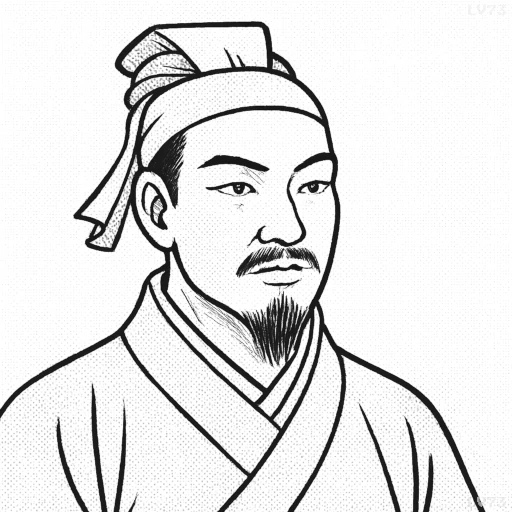“Know your enemy and know yourself and you can fight a hundred battles without disaster.”

- 544 BC-496 BC
- Born in China
- Military strategist, military strategist
table of contents
Quote
“Know your enemy and know yourself and you can fight a hundred battles without disaster.”
Explanation
This famous quote from Sun Tzu underscores the critical importance of both self-awareness and intelligence gathering in successful strategy. Knowing yourself means understanding your own strengths, weaknesses, and capabilities, while knowing your enemy involves understanding their tactics, motivations, and vulnerabilities. The combination of these two forms of knowledge allows for informed decision-making, enabling a strategist to anticipate challenges and take advantage of opportunities. With this dual understanding, one can engage in battle (or competition) with a high level of confidence, knowing that both sides’ potential actions and reactions have been thoroughly assessed.
In modern contexts, this principle applies not only in military strategy but also in business, sports, and negotiation. A company that understands its own strengths, such as a unique product or efficient production, and also knows its competitors’ strategies can navigate market challenges more effectively. Apple’s understanding of both its brand and its competitors, such as Microsoft and Google, has allowed it to strategically release products and make decisions that have kept it at the forefront of the tech industry. Similarly, politicians and diplomats often use this principle to understand their position and their adversaries, leading to successful negotiations or avoiding conflicts.
In the context of military history, Sun Tzu’s advice has been exemplified by leaders such as Napoleon Bonaparte, who spent significant effort studying his own army and his enemies before campaigns. The Battle of Austerlitz, often considered one of his greatest victories, showcased his ability to understand both his army’s strengths and his enemies’ weaknesses. By knowing when and where to engage, and when to avoid battle, Napoleon managed to secure victories despite facing larger forces. This concept remains just as vital today, where modern warfare and geopolitical strategies depend on accurate intelligence and a deep understanding of both allies and adversaries.
Would you like to share your impressions or related stories about this quote in the comments section?

